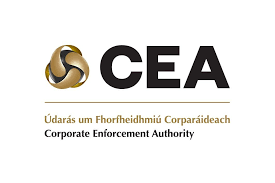
Compliance Calendar for Charities to help with Annual Reporting in 2026
Charities have an obligation to complete and file an online annual report with the Charities Regulator within 10 months of their financial year-end. For the majority of charities, their year-end is 31 December which means their annual report is due on or before the 31 October.
January
Time to start preparing your charity’s financial accounts for 2025. If you are using the services of a third party, such as an accountant, to prepare these accounts reach out to them now. Check what information they need and when.
Agree on a date for the board meeting when the accounts will be approved by the charity trustees. The accounts will need to be ready ahead of the meeting so they can be circulated to the trustees to give them the opportunity to review them.
Make sure to notify whoever is preparing your accounts (especially if you are using the services of a third party) of the date the accounts need to be ready for circulation and inform them. You might want to remind them that it is an offence for a charity to file its annual report late to the Charities Regulator, so it’s important to meet the deadline.
April
Draft financial accounts for 2025 are ready and circulated to all trustees of the charity.
May
Draft financial accounts are reviewed at the board meeting and approved by the charity trustees. If charity trustees have questions on the accounts that need to be clarified or are seeking further details, approval of the accounts can be deferred to the next meeting so the necessary information can be obtained and shared with charity trustees.
June
Financial accounts for 2025 are approved by the board. Begin to draft the annual report on finances and activities for the Charities Regulator.
August /September
Ahead of September board meeting, circulate the draft annual report to the charity trustees for their review.
September
Charity trustees review and approve the annual report to be submitted to the Charities Regulator. The report is now ready to be submitted. However, if further discussion is required, the decision to approve can be deferred to the October board meeting.
October
The report is submitted to the Charities Regulator.
Remember that if a Charity does not file its annual report on time it could ultimately be removed from the Charities Register and prosecuted in the district court.
More Detail...









